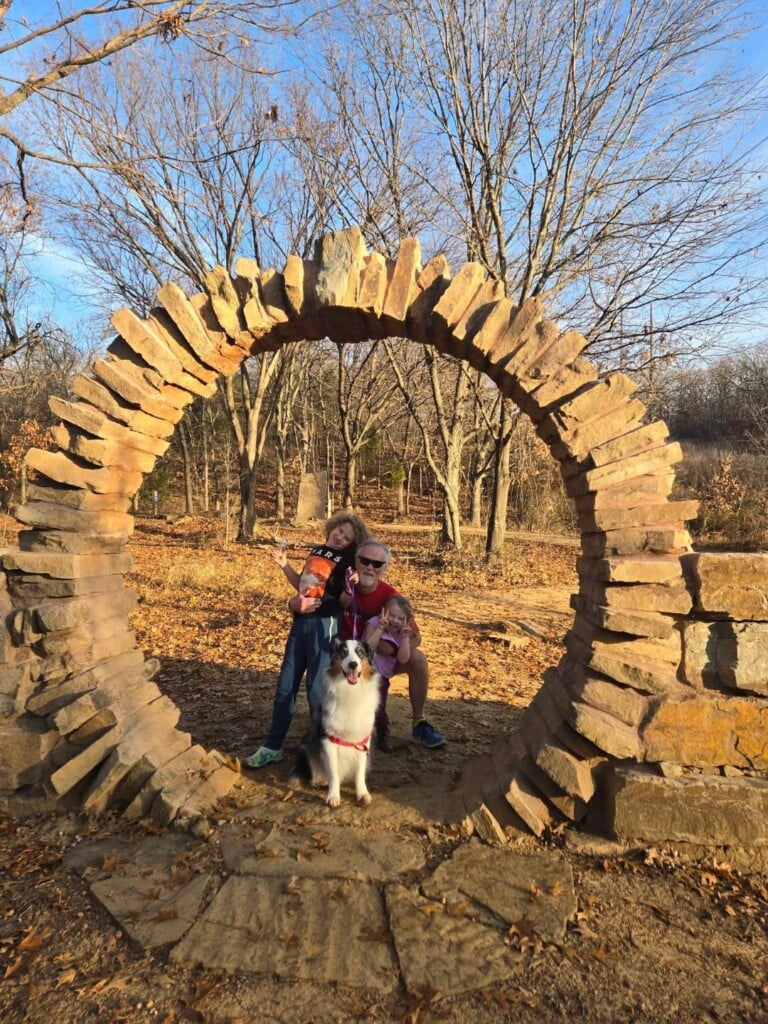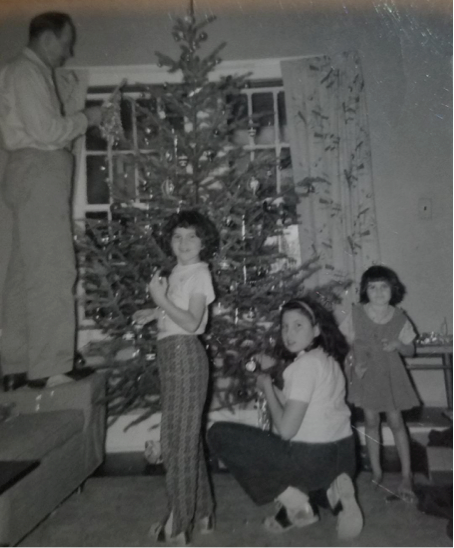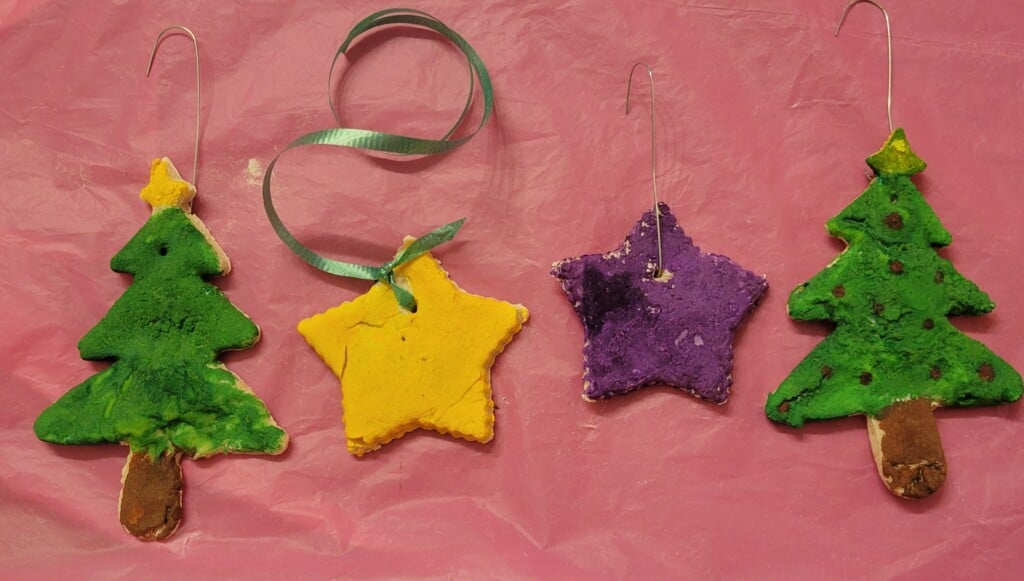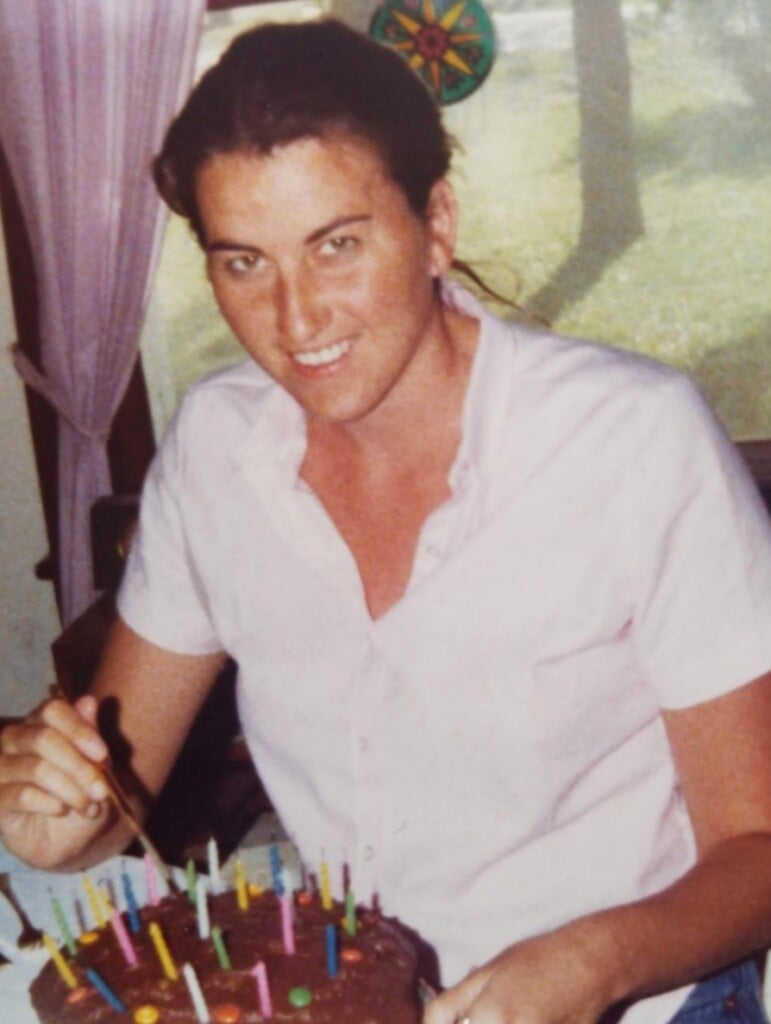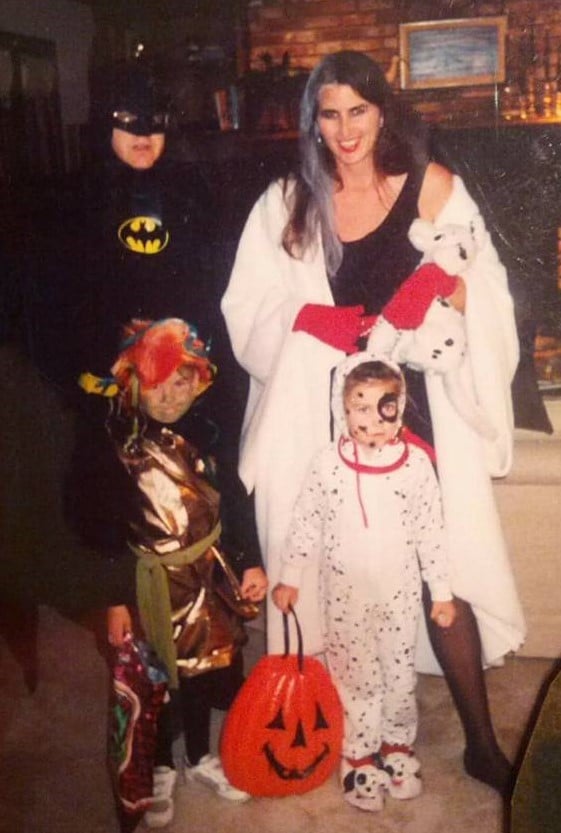Turning Sixty-Seven, Feeling the Pain, Embracing the Journey
I turn sixty-seven this week. Sixty-seven seems so old, so surreal that I can hardly grasp it in my mind. The number slithers around like Aunt Mary’s disgusting lime Jell-O with shredded carrots. And just like the Jell-O, I don’t want anything to do with the number facing me. It’s not appealing, but it’s what I’ve got. Aunt Mary would scold me by saying, “Eat your Jell-O, there are starving kids in Africa.” I tell myself, “Appreciate sixty-seven. Growing old is a privilege denied to many.”
50s vs. 60s
I will try my best to be grateful, but I must admit it’s becoming increasingly difficult. I sailed through my fifties; it was one of my favorite decades of life. My kids were grown and doing well in college and life. I began exploring interests that I hadn’t had time for while busy working and raising kids. I started running, which then led to participating in triathlons and long open-water swims. I didn’t understand why people my age were complaining about aches and pains. I felt like a million bucks!
I’m glad I didn’t brag about my good health and fitness too much, or maybe I did. Yes, I definitely did, and I apologize for that, but don’t worry, karma caught up with me. I started out feeling good in my 60s. I thought I was somehow Wonder Woman, and I was going to escape the mortal maladies that were causing my friends to adopt sedentary lifestyles.
I was 62 and training for an Ironman when the pandemic hit. I caught COVID twice despite quarantining. Fortunately, it was after I had been vaccinated, so I felt miserable, but nothing too serious. However, as the pandemic continued with no end in sight, my Ironman dreams dissolved into visions of winning a spot in the Pillsbury Bake-off. I blamed the mental fatigue and physical exhaustion on COVID, but it could have been age or the consumption of huge doses of carbs and sugar. I guess we’ll never know.
The science of aging
I recently heard about the study that showed a significant decline at the ages of 44 and then again at 60. Scientists have found that aging doesn’t occur as gradually or as linearly as previously thought. The study reveals that humans experience significant aging at two key points in their lives. Rather than attempting to explain the science of RNA, molecules, proteins, and microbiomes, which I don’t fully understand, I’ll describe how it impacts us as we age. At 60, our ability to metabolize caffeine and alcohol noticeably decreases. The loss of muscle mass becomes significant after the age of 60, and the risk of serious disease increases at this age. Cardiovascular disorders, kidney issues, and Type 2 diabetes are much more prevalent after 60. Making trips to the doctor, getting annual exams for every part of our bodies, and anxiously checking and re-checking MyChart becomes a new, unpleasant hobby.
Rather than being depressed by the scientific findings, I welcomed the evidence that suggests a valid reason for my increased struggles over the last few years. That doesn’t mean I am waving the white flag and surrendering to the aging process. There are steps we can take, such as reducing our intake of caffeine, alcohol, sugar, and carbohydrates, and increasing our exercise and water consumption. Strength training is crucial for combating muscle loss. There’s no quick or glamorous fix, but we can control some of the changes. Or at least give it a valiant attempt.
Making choices for the long term
They say that getting old is not for the weak, and I can vouch for that! Let’s not fool ourselves with toxic positivity. Getting old is hard. But you know what’s even harder? Giving up. I don’t mean unaliving yourself, I mean quiet quitting. Some days I don’t want to roll out of bed and head to the gym. I think about how easy it would be to wake up slowly, cruise into the kitchen wearing my cozy pajamas, make buttery biscuits, cuddle up on the comfy couch, and watch Live with Kelly as I sip my coffee.
And that’s OK if that’s what I choose on some days, but I know myself too well to know those choices wouldn’t make me happy in the long term. I don’t want to be 95 and sitting with regrets. I want to store up experiences and adventures so that if I do end up in that proverbial rocking chair, I will have a lifetime of stored memories to fill my heart and brain.
Only you can decide what that means for you. Perhaps it’s taking a trip to your ancestors’ homeland or writing a book. Maybe it’s making a quilt or running a marathon. I’ve decided that my 68th year will include an attempt at an open-water ultramarathon. I’ve never swum ten miles in the open water before, and it may very well be beyond my ability. How will I know if I don’t take the risk, train, plan, gather my courage, and jump in? Perhaps I’ll fail, but maybe the journey to the starting line is as important as the finish line. Failure doesn’t scare me nearly as much as not trying.
My mantra for the year is borrowed from a wise woman, Jeannie Zappe, who coached me during a recent women’s swim camp. It’s more than a saying; it’s an entire life lesson summed up by these words, “What if I can?” I’m going to carry those words close to me through this, my 68th year of life. However, I’m still not eating that slimy green Jell-O!

I write these two words on my arms when I participate in athletic events that challenge me. They represent my mantra, “There are two non-negotiable types of pain: the pain of discipline or the pain of regret. You choose.”


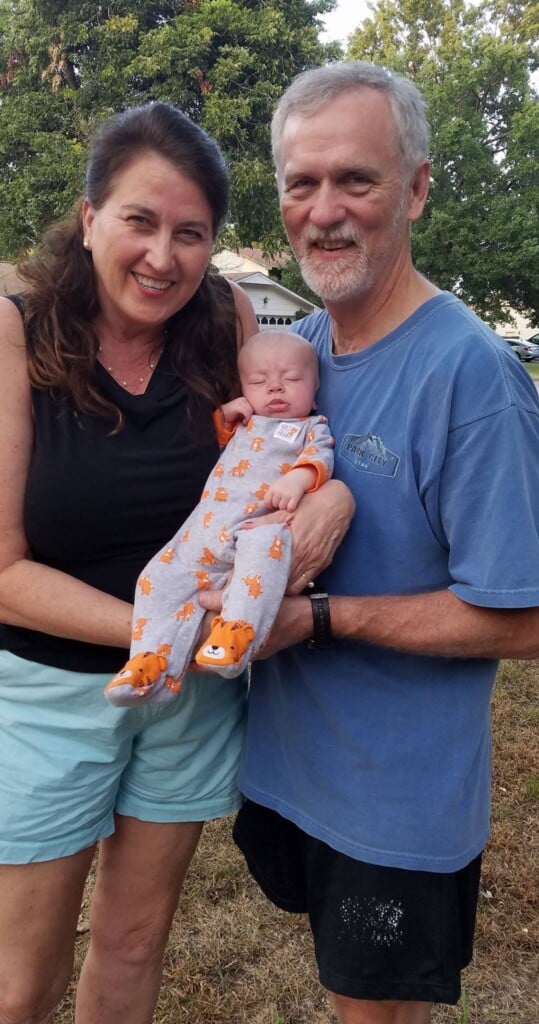
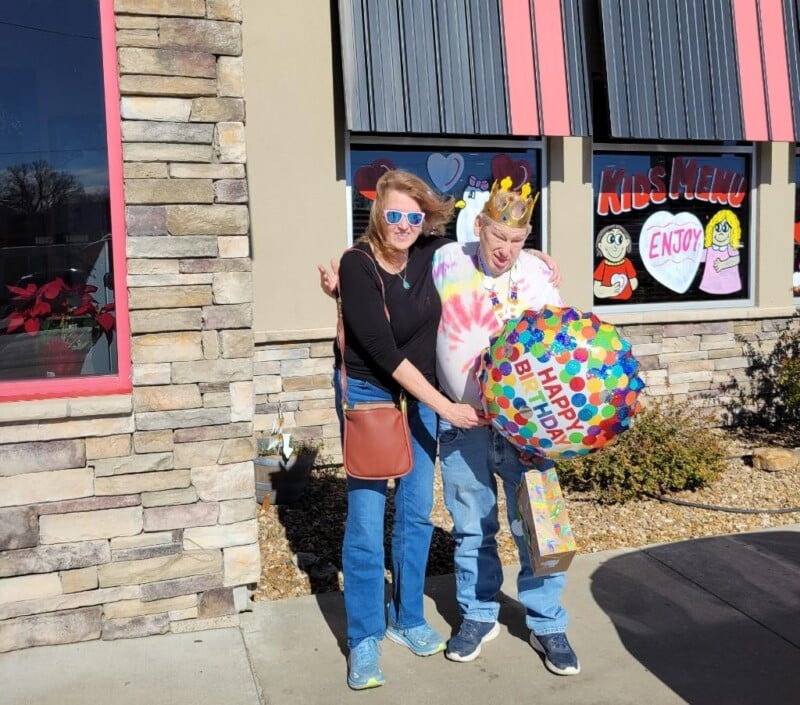
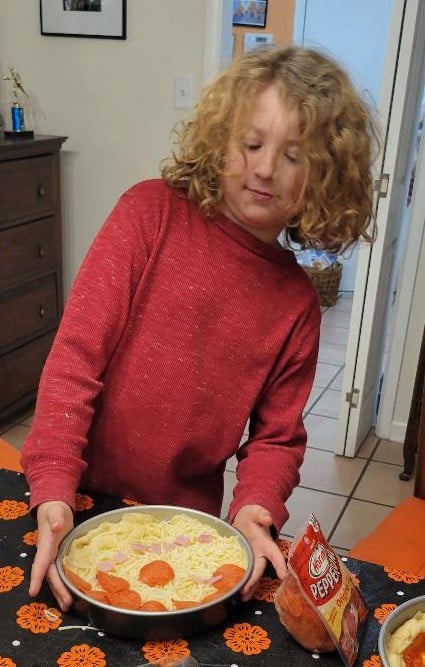
 Welcome to Grand Life, the TulsaKids blog that explores the wonderful adventures of grandparenting! Join me and my grandchildren as we explore interesting activities and visit family friendly sites in Tulsa. This blog shares the joys and challenges of grandparenting as well as the various roles grandparents play in their grandchildren’s lives.
Welcome to Grand Life, the TulsaKids blog that explores the wonderful adventures of grandparenting! Join me and my grandchildren as we explore interesting activities and visit family friendly sites in Tulsa. This blog shares the joys and challenges of grandparenting as well as the various roles grandparents play in their grandchildren’s lives.


